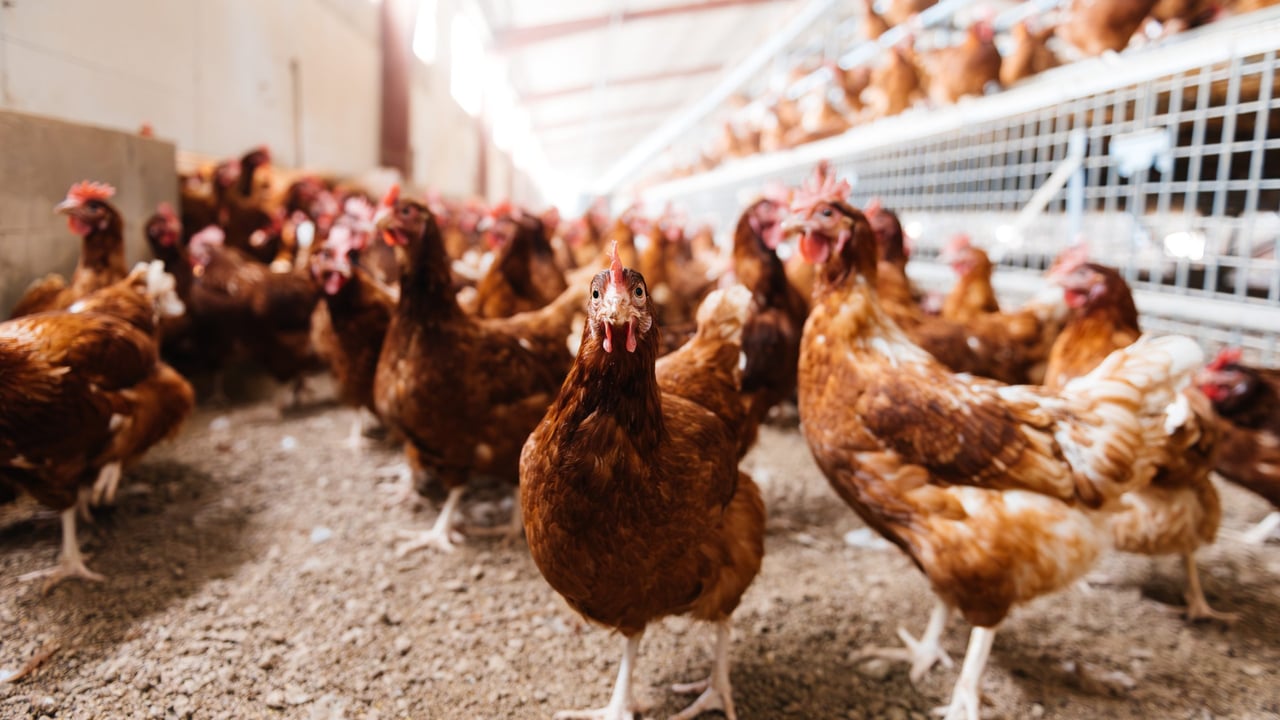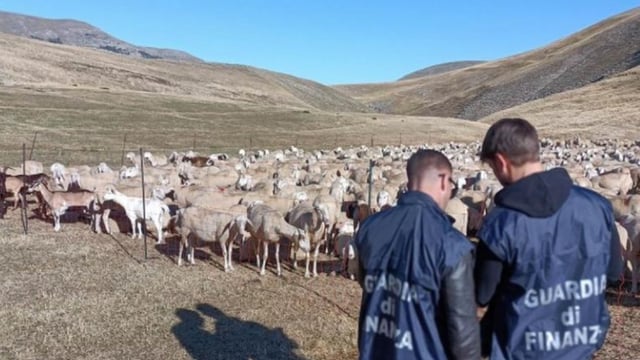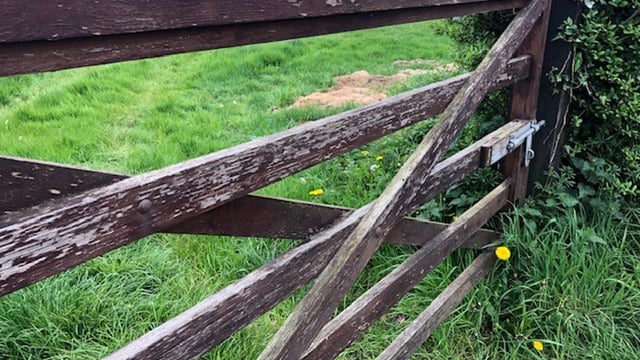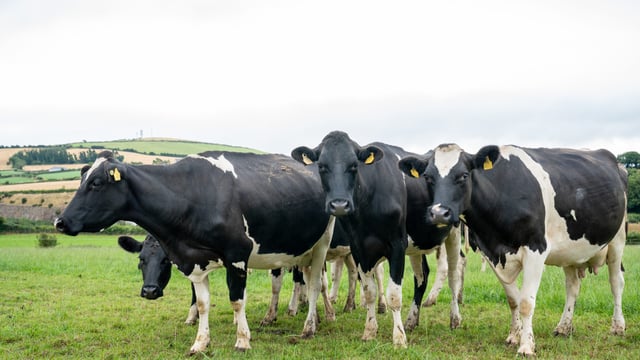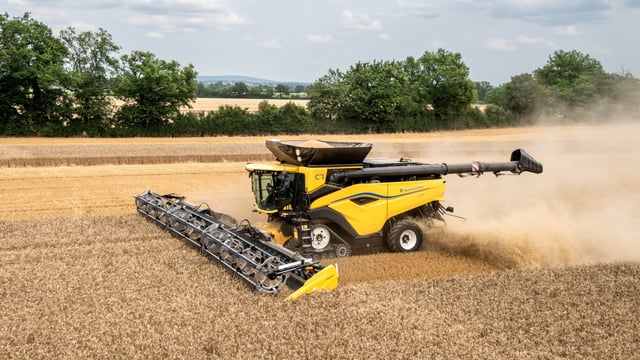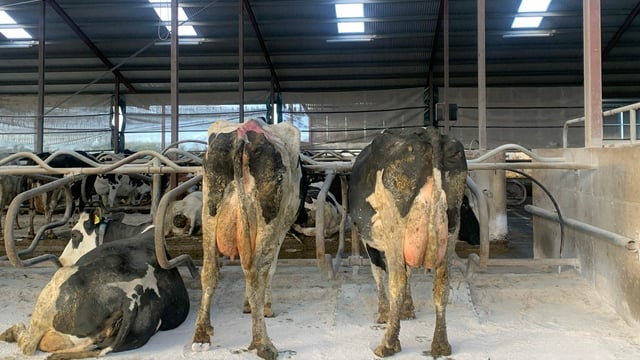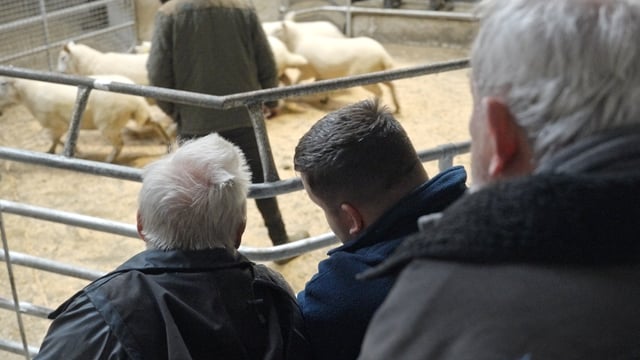Call for tighter biosecurity after suspected NI bird flu case
The Irish Farmers' Association (IFA) has said that tighter biosecurity measures are needed after a suspected case of avian influenza (bird flu) in Northern Ireland.
On Sunday (October 5), the Department of Agriculture, Environment and Rural Affairs (DAERA) confirmed disease control measures had been initiated following the suspect case at a commercial poultry premises near Omagh.
The Chief Veterinary Officer (CVO) for Northern Ireland, Brian Dooher has taken the decision based on number of factors including the clinical signs and preliminary results provided by the Agri-Food and Biosciences Institute (AFBI).
The measures included the humane culling of all poultry on the site and the introduction of Temporary Control Zones (TCZ) to contain any potential spread.
Bird flu
The chair of the IFA Poultry Committee, Nigel Sweetnam, is urging all poultry producers, both commercial and backyard keepers, to exercise maximum vigilance and tighten biosecurity measures.
"Our thoughts are with the farmers impacted by this suspected case. It’s an incredibly tough blow, especially so early in the season.
"We must do everything possible to keep this disease away from our doors. The threat is real, not just to flocks, but to our livelihoods and to the mental wellbeing of farm families,” Sweetnam said.
While the control zones do not extend into the Republic of Ireland, the IFA poultry chair said that this development serves as a serious reminder of the continued threat posed by Highly Pathogenic Avian Influenza (HPAI).
The disease remains present in wild and domestic bird populations across Ireland, the UK, and mainland Europe
"Producers must redouble their efforts to prevent the introduction of avian influenza.
"Biosecurity is our first and most effective line of defence. Every movement onto your farm, every visitor, and every piece of equipment must be managed with the utmost care.
"Members of the public are reminded not to touch sick or dead wild birds and to report sightings using the AvianCheck App or via the department of agriculture’s website.
"Contact with bird carcasses, feathers, or droppings should be strictly avoided, and good hygiene practices should always be observed," he added.
Sweetnam said that to support farmers in reviewing and improving their on-farm protections, a biosecurity webinar is available on the IFA website.

